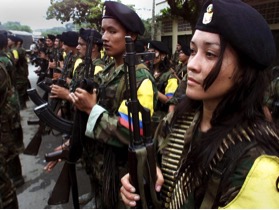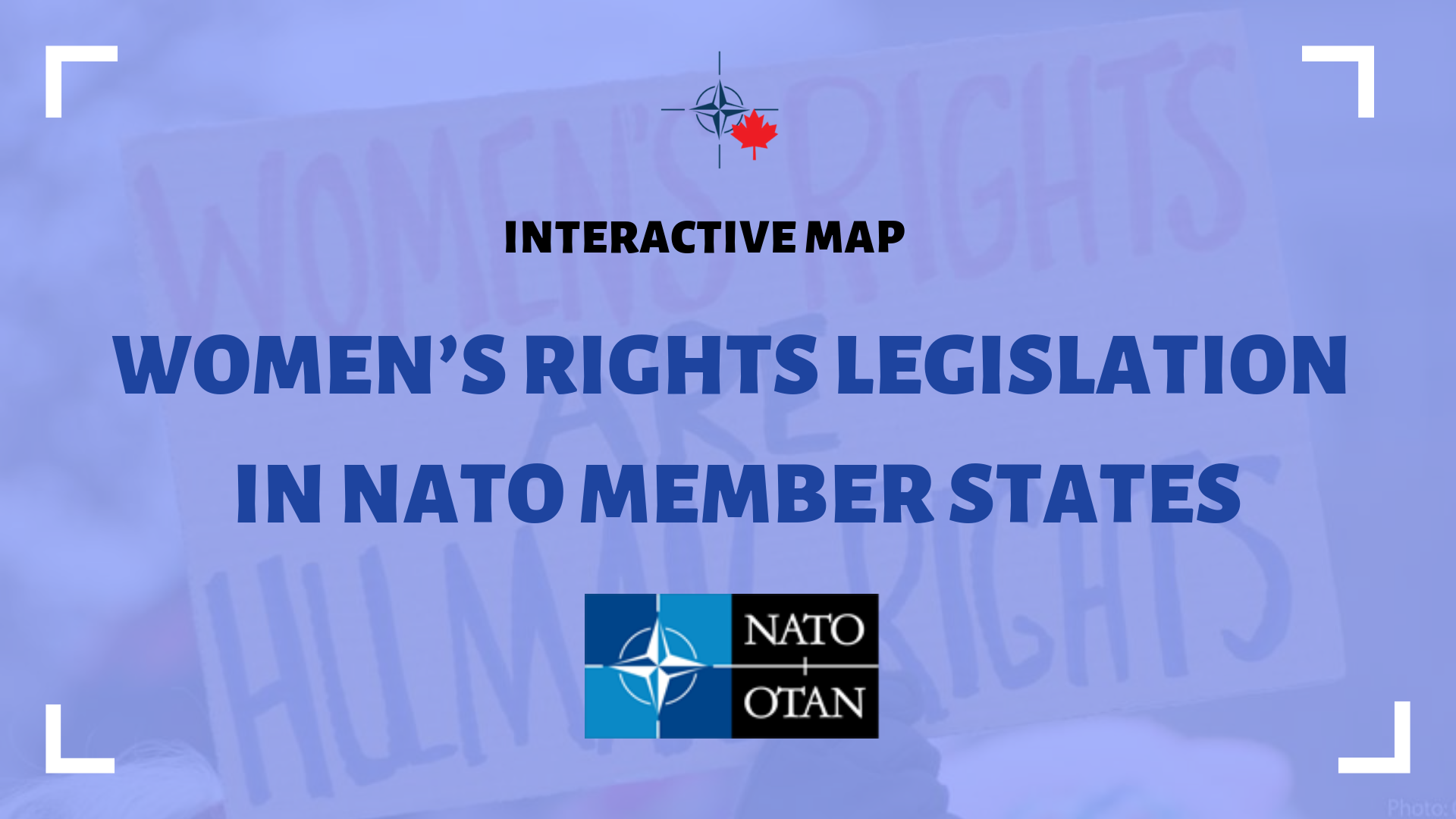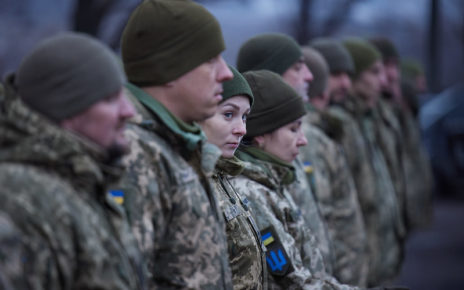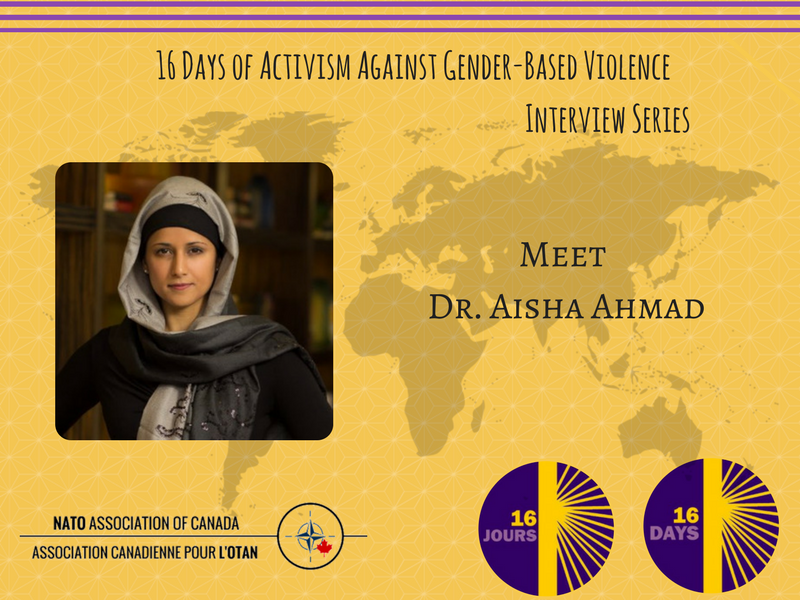Colombians have long suffered decades of civil conflict as a result of armed violence between the Revolutionary Armed Forces of Colombia (Fuerzas Armadas Revolucionarias de Colombia or FARC) and the military forces of the Colombian government. Fueled by debates concerning social classes, land reform and nationalism, the conflict is further exacerbated by the country’s status as a major producer and exporter of illegal drugs such as cocaine. Colombia is nearing a peace deal, however, that could end the longest running civil war on the planet.
After more than five decades of armed conflict, billions of dollars in U.S. aid and multiple rounds of negotiations, it appears that the war might finally be coming to a close. The Colombian government and FARC started holding formal peace talks in November 2012 in the Cuban capital, Havana. Since then, they have agreed to terms on three key topics: land reform, the rebels’ political participation and the illegal drugs trade. However, according to a recent Foreign Policy article, still to be resolved is the question of how to return over 8,000 FARC fighters to civilian life, often within communities that bore the brunt of the violence. This issue is of extreme importance. There is a high chance that drug traffickers, who added thousands of demobilized paramilitaries to their ranks after the country’s last peace process, will recruit underemployed FARC fighters.
Perhaps the most relevant question is how women pertain to this conversation. During post-conflict transition periods, women are often the last to be consulted, if at all. In Colombia, where an estimated 30 to 40 percent of FARC members are female, excluding women from post-conflict consultation has grave repercussions for a country’s ability to construct lasting post-conflict agreements. Thus, as the peace process nears an end, the negotiating parties must consider the perspectives of female FARC combatants — as well as women from communities where former fighters will resettle. Excluding such perspectives may result in poor reintegration programs that do not adequately address women’s unique physical, psychological, and economic requirements.
In studying 174 countries, Harvard researchers found that the single best predictor of a state’s peacefulness is not its level of wealth or democracy, nor its ethno-religious identity; it’s how well its women are treated. Further, experimental studies show that post-conflict agreements that are negotiated without women break down faster than those that do include women, and that all-male groups take riskier, more aggressive, and less empathetic decisions than mixed groups — two phenomena that may lead to higher levels of interstate conflict.
Fifteen years ago, the United Nations formally recognized the role that women play in conflict resolution and peace building with the unanimous passage of UN Security Council Resolution 1325. Adopted in 2000, the resolution:
reaffirms the important role of women in the prevention and resolution of conflicts, peace negotiations, peace-building, peacekeeping, humanitarian response and in post-conflict reconstruction and stresses the importance of their equal participation and full involvement in all efforts for the maintenance and promotion of peace and security. Resolution 1325 urges all actors to increase the participation of women and incorporate gender perspectives in all United Nations peace and security efforts. It also calls on all parties to conflict to take special measures to protect women and girls from gender-based violence, particularly rape and other forms of sexual abuse, in situations of armed conflict. The resolution provides a number of important operational mandates, with implications for Member States and the entities of the United Nations system.
While this and subsequent resolutions (2122) have intended to further support and bolster women’s participation in post conflict justice scenarios such as those in Colombia, their practical effect paints a rather bleak picture.
According to an impact study published by the UN in 2010, the report found that UN missions had “achieved little success” in improving the participation of women in peace negotiations and agreements. Only modest achievements had been made in bringing a gender perspective to disarmament, demobilization and reintegration programs.
According to a recent Guardian article, last year women expressed concern that they were being excluded from a high-level conference on the reconstruction of Afghanistan, hosted by the British government. This was after the UK had committed to a leading role in getting more women involved in peace building.
In order for the Colombian peace negotiations to be a success, the negotiating parties should consider the inclusion of women. For over half a century of conflict, Colombian women have filled a wide variety of tactical, recruitment, support, and combat roles in FARC. The parties need to keep this female perspective in mind in discussing the return of fighters to civilian life.
Job-training programs to provide female ex-combatants with economic alternatives to armed struggle will be essential. During the conflict, many women rose to leadership positions within FARC and are thus unlikely to desire a return to their previous social roles. Yet, on a global level, jobs envisioned for female ex-combatants are often stereotypically traditional. As Foreign Policy puts it, “Imagine telling a battalion commander that her only options are to become a hairdresser or a seamstress.” Without options that recognize the role that these women have played during the conflict, demobilized women will be at higher risk of recidivism or recruitment into organized crime.
Colombia has the potential to incorporate FARC women into their negotiating processes. Hopefully, we will be able to look back and say that women had a voice in ending one of the longest running civil wars on earth.




